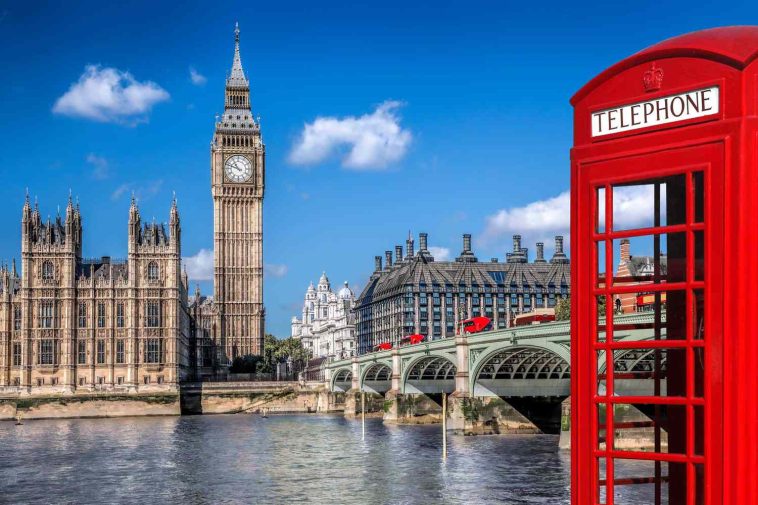Introduction.
Becoming a pilot is one of the most exciting career paths you can choose. If you’re in the UK and wondering how to turn this dream into reality, you’re in the right place.
I’ll guide you through the steps, costs, and considerations, making the process clear and straightforward.
Why Becoming a Pilot is a Great Choice
Flying an aircraft is a skill like no other. It’s not just about the thrill of being in control of a plane; it’s also about responsibility, precision, and the joy of connecting people and places.
Pilots are in high demand globally, and the UK is no exception. With aviation jobs on the rise, it’s an excellent time to start this journey.
How Do I Become a Pilot in the UK?
1. Decide on the Type of Pilot You Want to Be
There are different paths, depending on your goals:
- Private Pilot (PPL): For those who want to fly as a hobby or for personal travel.
- Commercial Pilot (CPL): If you aim to work for airlines or cargo companies.
- Military Pilot: For those interested in serving in the armed forces.
Your goals will determine the type of training and certifications you need.
2. Meet the Basic Requirements
To train as a pilot in the UK, you’ll need to meet certain conditions:
- Age: You can start training at 16, but you must be 18 to hold a Commercial Pilot Licence (CPL).
- Education: There are no strict academic requirements, but a good understanding of maths and physics is essential.
- Medical Certificate: You’ll need a Class 1 medical certificate for commercial training or Class 2 for private flying. This involves tests for eyesight, hearing, and overall health.
3. Choose the Right Flight School
There are numerous flight schools in the UK, each offering various training programs. Look for schools approved by the Civil Aviation Authority (CAA), such as:
- L3Harris Airline Academy
- CAE Oxford Aviation Academy
- FTA Global
Compare their courses, locations, and costs. Many schools also offer integrated programs that take you from zero experience to holding a full license.
4. Understand the Training Process
For Private Pilots (PPL):
- Complete 45 hours of flight training, including at least 10 hours of solo flying.
- Pass theoretical exams and a skills test.
For Commercial Pilots (CPL):
- Start with an Airline Transport Pilot Licence (ATPL) theory course.
- Complete at least 150 hours of flying experience.
- Pass a CPL skills test and an Instrument Rating (IR) test.
For those pursuing an integrated ATPL program, expect to spend around 18-24 months completing the training.
5. Plan Your Finances
Becoming a pilot is a significant financial investment. Here’s a rough breakdown:
- Private Pilot Licence (PPL): £10,000–£15,000.
- Commercial Pilot Licence (CPL): £60,000–£120,000.
- Integrated ATPL Program: £70,000–£130,000.
Some schools offer financing options or partnerships with airlines that help cover costs in exchange for work commitments after training.
6. Build Flying Hours
For commercial pilots, gaining experience is key. Most airlines require at least 1,500 hours of flying experience. Consider working as a flight instructor or on smaller aircraft to build hours.
7. Apply to Airlines
Once qualified, you can apply for jobs with airlines. Expect to go through assessments, simulator tests, and interviews. Popular UK-based airlines include British Airways, easyJet, and Ryanair.
FAQs
1. How long does it take to become a pilot?
It depends on the route. A private pilot licence can take 6-12 months, while an integrated ATPL program can take up to 2 years.
2. Is there an age limit to becoming a pilot?
There’s no maximum age, but you need to meet medical requirements. Many pilots start later in life.
3. What are the job prospects like?
The aviation industry is growing, and pilots are in demand, especially with low-cost carriers and international airlines.
4. What skills are essential for pilots?
Good communication, problem-solving, decision-making, and a calm approach under pressure are key skills.
5. Can I train part-time?
Yes, especially for private pilot training. Many flight schools offer flexible schedules for part-time students.
Further Resources
To dive deeper into the journey of becoming a pilot, check out these trusted resources:
- Civil Aviation Authority (CAA) – For licensing and regulations.
- Pilot Careers Live – A great event to learn more about pilot training and meet industry professionals.
- British Airline Pilots’ Association (BALPA) – A professional body for pilots in the UK.
Conclusion
Becoming a pilot in the UK is a challenging but achievable goal. With the right preparation, training, and commitment, you can turn your passion for flying into a career or lifelong hobby.
What kind of pilot would you like to be, and what’s stopping you from taking the first step?





GIPHY App Key not set. Please check settings